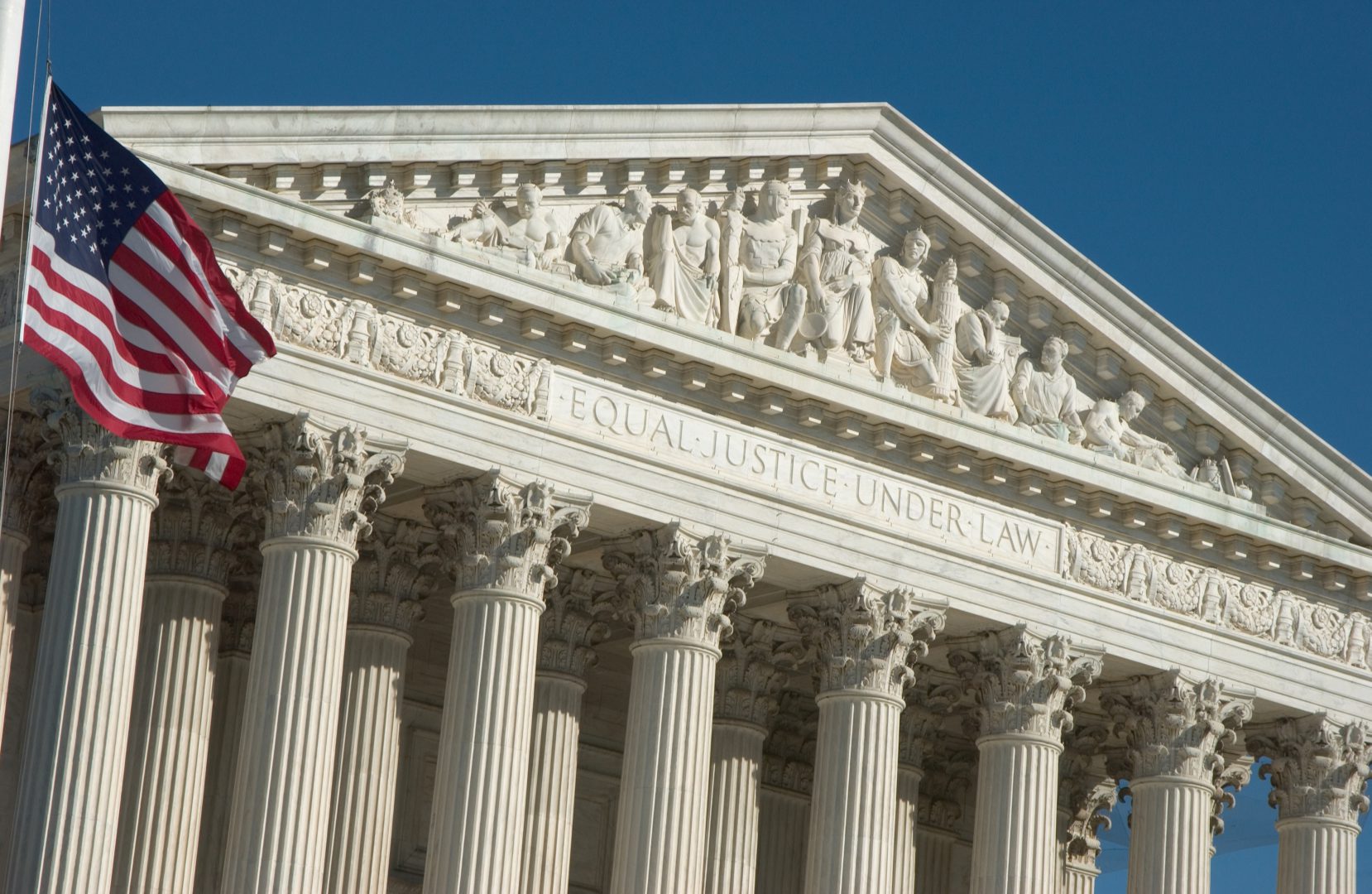Voting for Justice works collaboratively with internal and external stakeholders to accomplish our primary goal of holding front-end justice actors accountable through the electoral process and public education to end discriminatory and unjust prosecutions and mass incarceration.
LDF’s Litigation, Policy, and Communications Departments work with the project to accomplish these goals.
Grassroots Engagement & Mobilization
Partner with and assist community-based organizations and leaders to advance a restorative vision of justice in their communities, empowering them to lead local residents in evaluating and electing candidates based on a thorough review of their records and policy positions.
Public Education
Provide resources and tools to communities to help them better understand the criminal justice system and the role that system actors play within it. We equip communities with the necessary means to track, monitor, and evaluate candidates for elected office who impact the local criminal justice systems.
Policy Research & Advocacy
Working with coalition allies and strategic partners, where possible, LDF’s Policy staff identify problems and advance solutions informed by research, analysis, and commentary to promote healthier, thriving communities by reorienting local criminal justice systems to the needs of the communities they serve.
Strategic Communications
Utilize digital and creative strategies to advance a reform-minded vision of justice and public safety, aimed at empowering communities to elevate their voices in the national dialogue around transforming the administration of justice in America, including structural, systematic change in how system actors, like district attorneys, should function in a twenty-first-century criminal justice system.
Impact Litigation
When necessary, LDF’s litigators pursue relief in the courts to bring down structural barriers to the fair and equitable application of the law for all individuals who encounter the criminal legal system and to ensure constitutionally protected rights are not infringed upon.
